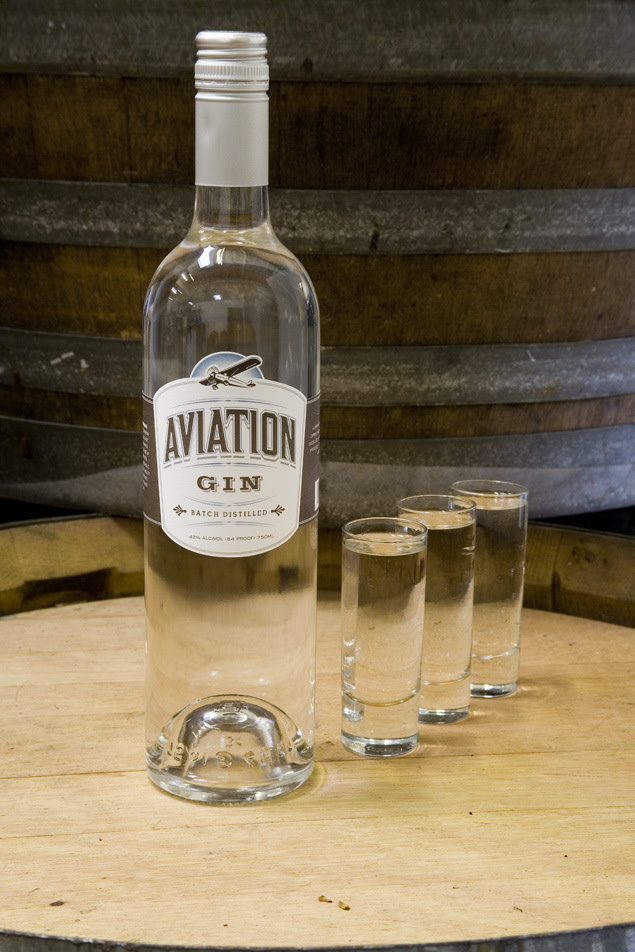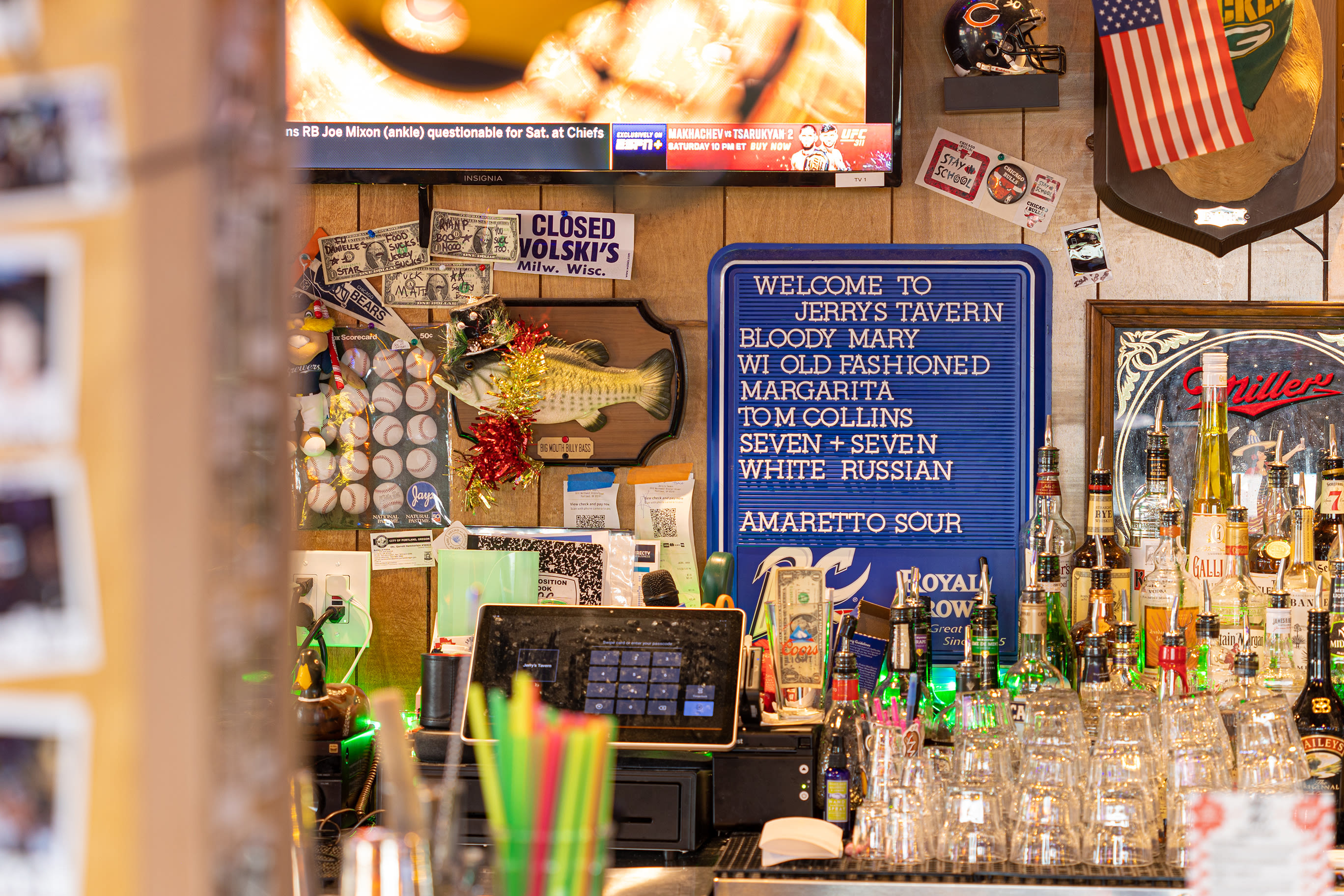In Like Gin

Image: Amy Ouellette
Gin is either back in fashion or it never left, depending on whom you ask. Certainly it’s been quite a journey for the 17th-century Dutch-born spirit that quickly became England’s dominant potable after William III (himself a Dutchman) introduced it in the late 1600s.
By the mid-19th century, gin had become the foundation for American cocktails such as the sour and the devilishly suave martini. But during Prohibition, while speakeasy operators proved that gin was a simple enough spirit to make, they didn’t always make it well, hence the prevalence of "bathtub gin."
Gin’s fortune is on the ascent.
Nowadays, however, gin’s fortune is on the ascent in this country, thanks to premium domestic brands such as Junipero, an artisanal, small-batch spirit first distilled in 1993 by San Francisco’s Anchor Brewing Company. Following Anchor’s lead, Oregon brewers–such as Rogue and McMenamins–and fledgling microdistillers have started producing small-batch gins of their own. And although virtually all domestic gins are inspired by the classic London dry style–smooth with a heady juniper bouquet–these regional offerings are stubbornly individualistic.
In fact, Dave Cook of Newport’s Rogue Spirits insists that his company won’t put its brand on a beverage unless the flavor profile is "distinctively Oregon," which led to the creation of Rogue Spruce gin last October. The mellow woodiness of local spruce features prominently in Rogue’s gin, but it’s also made with cucumbers, among a dozen other ingredients. The lively combination of these two elements alone makes this gin taste best when shaken with ice and served up, sans vermouth.
Another excellent example of an Oregon "sipping" gin comes from Portland’s House Spirits, which recently unveiled Aviation gin after making a splash with its Medoyeff vodka. Aviation is full-bodied and herbaceous with notes of anise seed, coriander and cardamom. "The use of rye as the grain component, along with a denser mix of botanicals, makes for a gin that’s enjoyable on its own and closer to the original Dutch style," says co-owner Ryan Magarian. But Aviation’s complexity also stands up in fruit-forward cocktails or herbal concoctions such as the classic campari-and-gin-based negroni.
With more ambitions than could be contained in a single style, Bendistillery offers a pair of contrasting though equally intriguing gins: Desert Juniper is as earthy as its name implies, piney with a lavender finish, and makes a fitting base for citrus-based drinks. The spicier, more aggressive Cascade Mountain–a true London dry–bears a subtle bite of green apple that seems right at home blended with a discreet measure of vermouth. That’s a martini, mind you, not an appletini.




